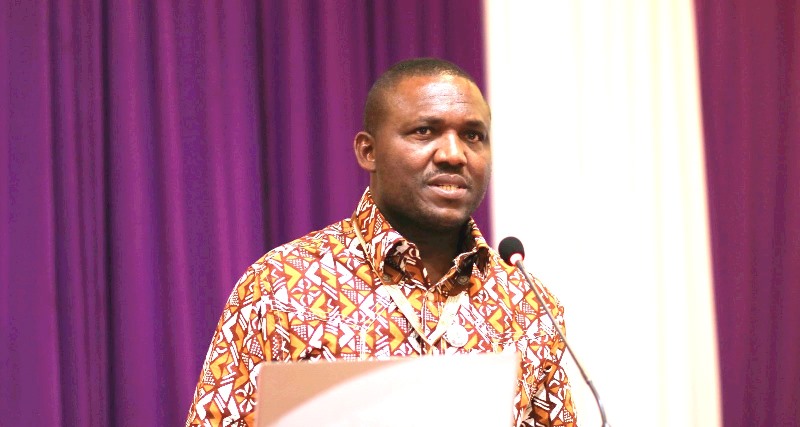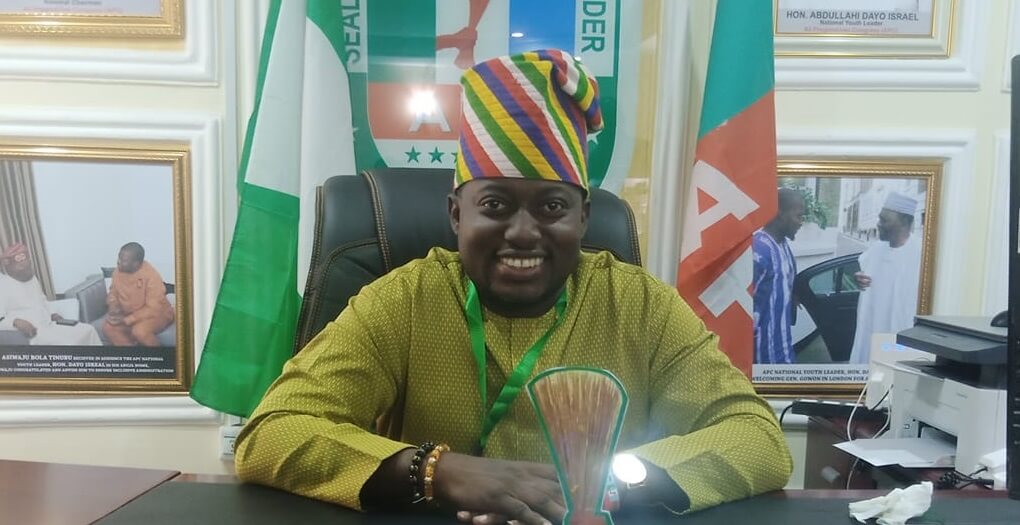
If not properly applied, subsidies may disproportionately benefit wealthier individuals who can afford goods and services and lead to the widening of income inequalities in the country, the Petroleum and Natural Gas Senior Staff Association of Nigeria (PENGASSAN) has warned.
Speaking at the National Executive Council (NEC) meeting of the association in Abuja, the President of the union, Festus Osifo, flayed the distribution of food as palliative.
He said: “This could still result in a misallocation of resources and further exacerbate income inequality in our society,”
On the soaring costs of living and its effects on the working population, Osifo unequivocally declared PENGASSAN’s opposition to the unbridled distribution of grains as palliatives in the states.
His words: “We are worried about the implementation of targeted subsidies tailored to the specific needs of each state. While the government’s intentions to help alleviate the burden of the cost of living on Nigerian citizens are noble, we must also be mindful of the potential implications of such a subsidy.
“It is important that we carefully consider the long-term effects of this policy and explore alternative solutions that can address the root causes of poverty and inequality in our society as giving handouts alone cannot completely solve the problem.”
On the killings of military men and officers in the Okuoma community in Delta state, Osifo called for calm stating that if not handled with care, the move to avenge the killing of 17 soldiers may lead to the disruption of crude oil production in the Niger Delta region.
Osifo, who condemned the killings, said the perpetrators must be made to face the full weight of the law without allowing the issue to snowball into conflict.
He said: “We implore the military to be decent in the way they approach the matter. It must not allow what happened in Zaki Biam and Odi to repeat itself in Okuama. We have been trying to let the government see why it must pay more attention to what is happening in the Niger Delta.
“The easiest way to get more forex is by increasing our crude oil production. We can talk about diversification of the economy, but that will not be achieved overnight. What can come overnight is incremental production of crude oil. If all things are equal, Nigeria can increase its crude production by 30 per cent.”
To achieve speedy crude oil production to boost the shortage of forex, Osifo urged President Bola Tinubu to relocate his security chiefs to the Niger Delta region to restore peace to the restive communities as well as fight the raging oil theft.
“So, President Bola Tinubu should direct his military chiefs to relocate to the Niger Delta to ensure that the matter does not escalate and to ensure that the menace of crude oil theft is tackled headlong to boost our oil production level,” he stated.
On the increment in the electricity tariffs of consumers on ‘Band A’, Osifo blamed the crash of the naira value for the development while assuring that PENGASSAN will study the issues that surround the increment.
Osifo noted that the oil and gas sector is facing a myriad of challenges that are limiting its efficiency.
In specific terms, he lamented that the sector suffers from a lack of adequate infrastructure, including refineries, pipelines, storage facilities, and transport networks.
He added that the challenges, which do not seem to be abating any time soon, have led to reliance on imports of refined petroleum products, which exposes the country to price fluctuations in the international market thereby increasing energy costs.
According to him, addressing the challenges requires a comprehensive approach that includes improving environmental depredations, investing in social infrastructure, strengthening security measures, promoting local content development, and increasing investments in the sector.
Osifo also noted the fight against corruption can only succeed if it deliberately targets official corruption with a multi-pronged approach.
“Fighting institutional corruption in Nigeria requires a multi-pronged approach that encompasses prevention, legal reforms, civil society empowerment, technological solutions, and education. Only by tackling corruption at its roots can we hope to build a future where honesty, transparency, and integrity prevail. Let us join hands, raise our voices, and demand an end to institutional corruption in Nigeria.
“As a nation, we must focus on prevention rather than solely relying on punishment. Prevention is the most sustainable and cost-effective way to tackle corruption. Enhancing transparency and accountability mechanisms within institutions are crucial,” he stated.













